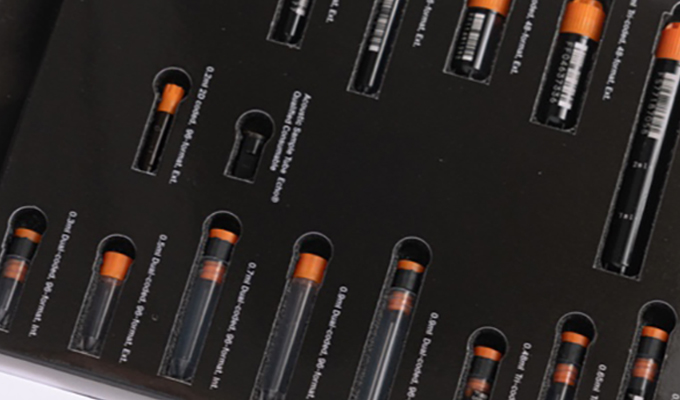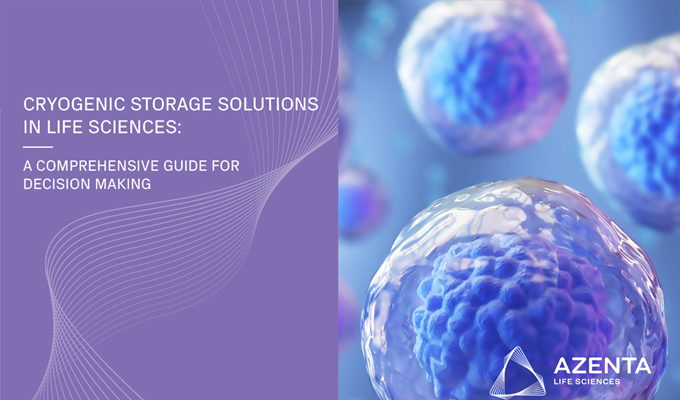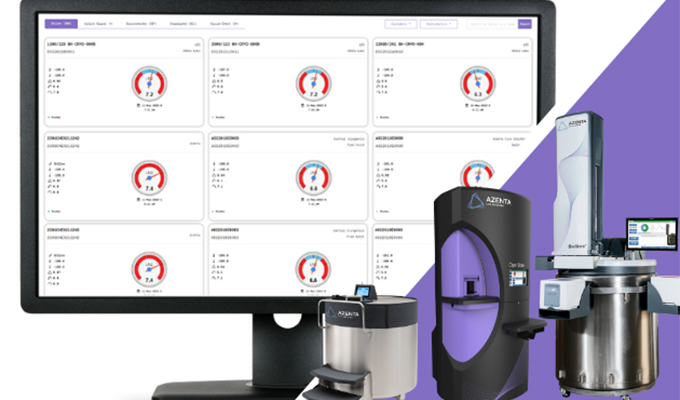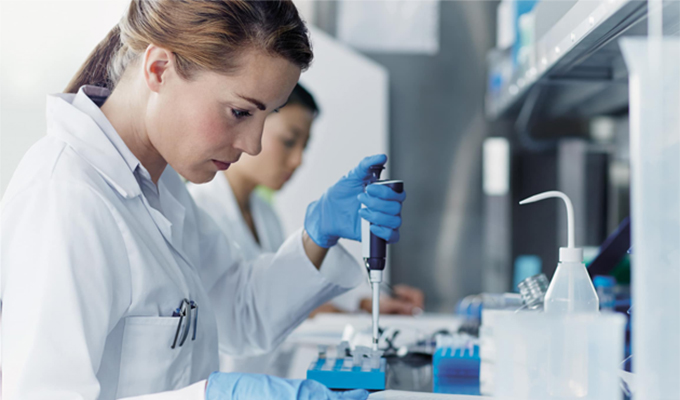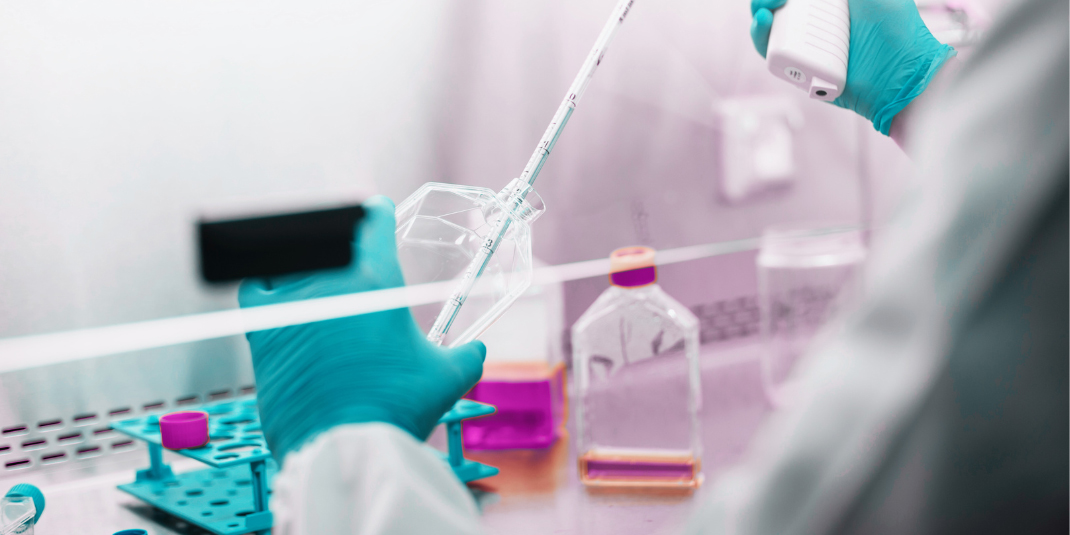Insights from the August 2024 Bridging the Gap Webinar
In the evolving landscape of cell and gene therapy, the manufacturing process is a crucial factor in ensuring that innovative treatments, such as CAR T-cell therapies, reach patients effectively. Autologous cell therapies, which involve modifying a patient’s own cells, present unique challenges that require precise coordination across multiple functions. Overcoming bottlenecks and building strong partnerships are key to enhancing the manufacturing process and expanding access to these life-saving treatments.
Laura Alquist, Vice President and Head of Global Manufacturing at Kite, a Gilead Company, has been at the forefront of addressing these challenges. With over two decades of experience in global manufacturing and supply chain operations, Laura leads Kite’s extensive network of T-cell therapy and viral vector facilities. Under her leadership, Kite has optimized its manufacturing processes, significantly reducing turnaround times and scaling operations to meet the growing demand for CAR T-cell therapies worldwide.
Laura shared some important insights during the August 2024 webinar sponsored by Azenta Life Sciences and the Emily Whitehead Foundation, which included panelists Albert Ribickas from Moffitt Cancer Center, Dr. Patrick Hanley from Children’s National Hospital, and George Eastwood from the Emily Whitehead Foundation. This discussion provided a deep dive into the challenges and advancements in the manufacturing of autologous cell therapies, particularly focusing on how to overcome bottlenecks and enhance production efficiency.
The Central Role of Manufacturing in Cell Therapy
Manufacturing is not just a step in the production of cell therapies – it is integral to their success. The process directly impacts the efficacy and safety of the final product, particularly in the case of CAR T-cell therapies, where the patient’s cells are modified and then returned to them as part of their treatment. This complexity requires seamless integration across disciplines such as process development, quality control, supply chain management, and clinical operations.
“In cell therapy, manufacturing is not just a supporting function; it’s integral to the therapy itself,” Laura emphasized during the webinar, highlighting how essential the manufacturing process is to delivering effective treatments.
Overcoming Bottlenecks to Increase Patient Access
One of the most significant challenges in the manufacturing of autologous cell therapies is managing bottlenecks that can occur at various stages. For example, scheduling apheresis collections – the process of extracting cells from the patient – can often create delays, particularly when collections are clustered towards the end of the week. These scheduling issues can strain manufacturing resources and limit the number of patients who can be treated.
“We’ve built a very large in-house cell therapy capability with multiple sites globally, allowing us to increase our manufacturing slots significantly,” Laura noted. However, she also pointed out that there are still challenges, particularly in coordinating the timing of apheresis collections to better balance the manufacturing load throughout the week.
Addressing these bottlenecks is essential for increasing patient access to CAR T-cell therapies. Laura emphasized the importance of tackling these issues: “Unlocking these bottlenecks is crucial to increasing the number of patients we can serve.”
The Power of Strategic Partnerships
Strategic partnerships play a crucial role in enhancing the manufacturing process. Collaboration with apheresis centers, treatment centers, and other industry stakeholders is essential for streamlining operations and improving patient outcomes. By expanding the network of qualified apheresis centers and optimizing logistics, Kite is working to reduce delays and ensure that more patients can access CAR T-cell therapies.
These partnerships also extend to the educational sector. Kite is collaborating with local colleges and universities to develop specialized cell therapy programs, helping to build a skilled workforce that is essential for scaling up manufacturing operations. Training and workforce development are critical components of Kite’s strategy, as the company continues to innovate and improve its processes.
Laura highlighted this approach, stating, “We have recognized from the beginning that it takes about six months to fully qualify a cell therapy specialist. Reducing that training period and having them focus on specific operations has helped us scale our manufacturing.”
Innovations Driving Efficiency
Innovation is at the heart of Kite’s approach to manufacturing. The company has made significant strides in reducing cycle times – the time it takes to produce and deliver the therapy. Currently, Kite has achieved industry-leading cycle times, with recent reductions adding even more efficiency to the process. Automation is another key area of focus, as it allows Kite to increase throughput and reduce the manual burden on its cell therapy specialists. By automating certain aspects of the manufacturing process, Kite can bring more patient cells through its facilities while maintaining high standards of quality and safety.
These advancements not only improve the scalability of Kite’s operations but also contribute to better patient outcomes. The faster a therapy can be produced and delivered, the more effective it can be in treating the patient’s condition. Moreover, automation and process optimization help to ensure that Kite can meet the growing demand for its therapies as they become more widely adopted. “We’ve been working diligently on reducing our cycle time,” Laura shared. “We recently reduced it by another two days in the U.S., and we’re working on further reductions.”
Building a Skilled Workforce for the Future
As the cell therapy field continues to grow, the need for a highly skilled workforce becomes increasingly important. Kite has recognized this need and has developed comprehensive training programs to prepare its cell therapy specialists for the demanding work of manufacturing CAR T-cell therapies. These programs focus on specific operations within the manufacturing process, allowing specialists to develop expertise in critical areas and contribute to the overall efficiency of the operation.
Kite’s collaboration with educational institutions also plays a key role in workforce development. By working with local colleges and universities to create specialized cell therapy programs, Kite is helping to build a pipeline of talent that will support the continued growth and innovation in the field. This proactive approach to workforce development ensures that Kite can meet the challenges of scaling up its operations while maintaining the highest standards of quality and safety.
Looking Ahead: The Future of CAR T-Cell Therapy
As CAR T-cell therapies become more mainstream, the challenges of scaling up manufacturing to meet demand will only grow. One of the biggest opportunities lies in making these therapies more accessible to patients, potentially as a first-line treatment option rather than a last resort. To achieve this, the industry must continue to innovate and collaborate, finding new ways to overcome bottlenecks and streamline the manufacturing process.
Kite’s commitment to improving its manufacturing capabilities, fostering strong partnerships, and building a skilled workforce positions the company to lead the way in the future of CAR T-cell therapy. By addressing the challenges of today, Kite is paving the way for broader access to these life-saving treatments, ensuring that more patients can benefit from the revolutionary advances in cell therapy.
“Our ultimate goal is to bring more CAR T-cell therapies to more patients,” Laura concluded. “We know there’s still a gap in getting patients to CAR T, and we’re committed to closing that gap.”
Key Takeaways
- Manufacturing Is Core to Success: The manufacturing process directly impacts the efficacy and safety of CAR T-cell therapies, requiring seamless coordination across multiple disciplines.
- Overcoming Bottlenecks: Addressing challenges like apheresis scheduling is essential for increasing patient access to CAR T-cell therapies.
- Strategic Partnerships: Collaboration with apheresis centers, treatment centers, and educational institutions is key to optimizing the manufacturing process and building a skilled workforce.
- Innovation and Efficiency: Reducing cycle times and automating processes are critical to scaling up operations and meeting the growing demand for CAR T-cell therapies.
- Workforce Development: Comprehensive training programs and educational partnerships are essential for preparing the next generation of cell therapy specialists.
Conclusion
Kite’s approach to overcoming bottlenecks and enhancing the manufacturing process for autologous cell therapies highlights the importance of innovation, collaboration, and workforce development in this rapidly evolving field. As the industry continues to grow, these efforts will be crucial in expanding access to life-saving treatments and improving outcomes for patients worldwide.
To learn more about the latest advancements in cell therapy manufacturing, we encourage you to register to watch the full webinar recording and subscribe to attend future sessions in our series. These webinars offer invaluable insights from industry leaders like Laura Alquist, who are shaping the future of cell and gene therapy.
About the Guest

Laura Alquist
Laura Alquist is Vice President and Head of Global Manufacturing at Kite, a Gilead Company, where she leads a multi-site, global network of T-cell therapy and viral vector facilities responsible for manufacturing Kite’s cell therapy products.
Laura joined Kite in 2016, serving in a variety of positions where she helped design and optimize end-to-end operations and processes. She was instrumental in shaping and scaling Kite’s global operations as the company’s reach and network expanded, and as the number of regulatory geographies and demand for commercial products grew. Most recently, Laura led the Global Supply Chain organization in managing logistics, labeling, and packaging engineering, inventory management, sourcing and procurement, supply and operations planning, master data governance, sales and operations, and business systems.
Prior to joining Kite, Laura spent 20 years at Amgen in a range of global and operational roles of increasing responsibility across Supply Chain, Manufacturing, Quality, and IT.
Laura holds a Bachelor of Science in Business Management from California Lutheran University and is APICS certified in Supply Chain operations.

